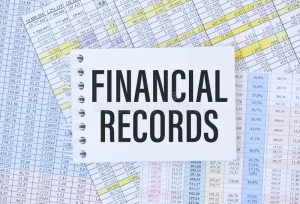![]()
Financial Compliances

Financial Compliances yes, drafting a balance sheet is mandatory for a wholesaler in India. A balance sheet offers a glimpse into a business’s financial standing, comprising three key elements assets, liabilities, and owner’s equity at a specific moment.
It consists of three main components: assets, liabilities, and owner’s equity.
1. Assets represent what the business owns or controls, such as inventory, accounts receivable, cash, and fixed assets like equipment or property.
2. Liabilities encompass the business’s obligations, including accounts payable, loans, and other debts.
3. Owner’s equity reflects the residual interest in the assets of the business after deducting liabilities. It represents the owner’s investment in the business.
For a wholesaler in India, preparing a balance sheet serves several purposes:
1. Compliance:
The Companies Act, 2013, mandates companies, including wholesalers, to prepare and present their balance sheets as part of their financial statements. This requirement ensures transparency and accountability.
2. Financial Assessment:
A balance sheet provides a comprehensive overview of a wholesaler’s financial health. It helps assess the business’s liquidity, solvency, and overall financial stability.
3. Creditworthiness:
Suppliers, lenders, and other stakeholders often use the balance sheet to evaluate the creditworthiness of the wholesaler. It indicates the business’s ability to meet its short-term and long-term obligations.”
To visit: https://www.incometax.gov.in

For further details access our website: https://vibrantfinserv.com